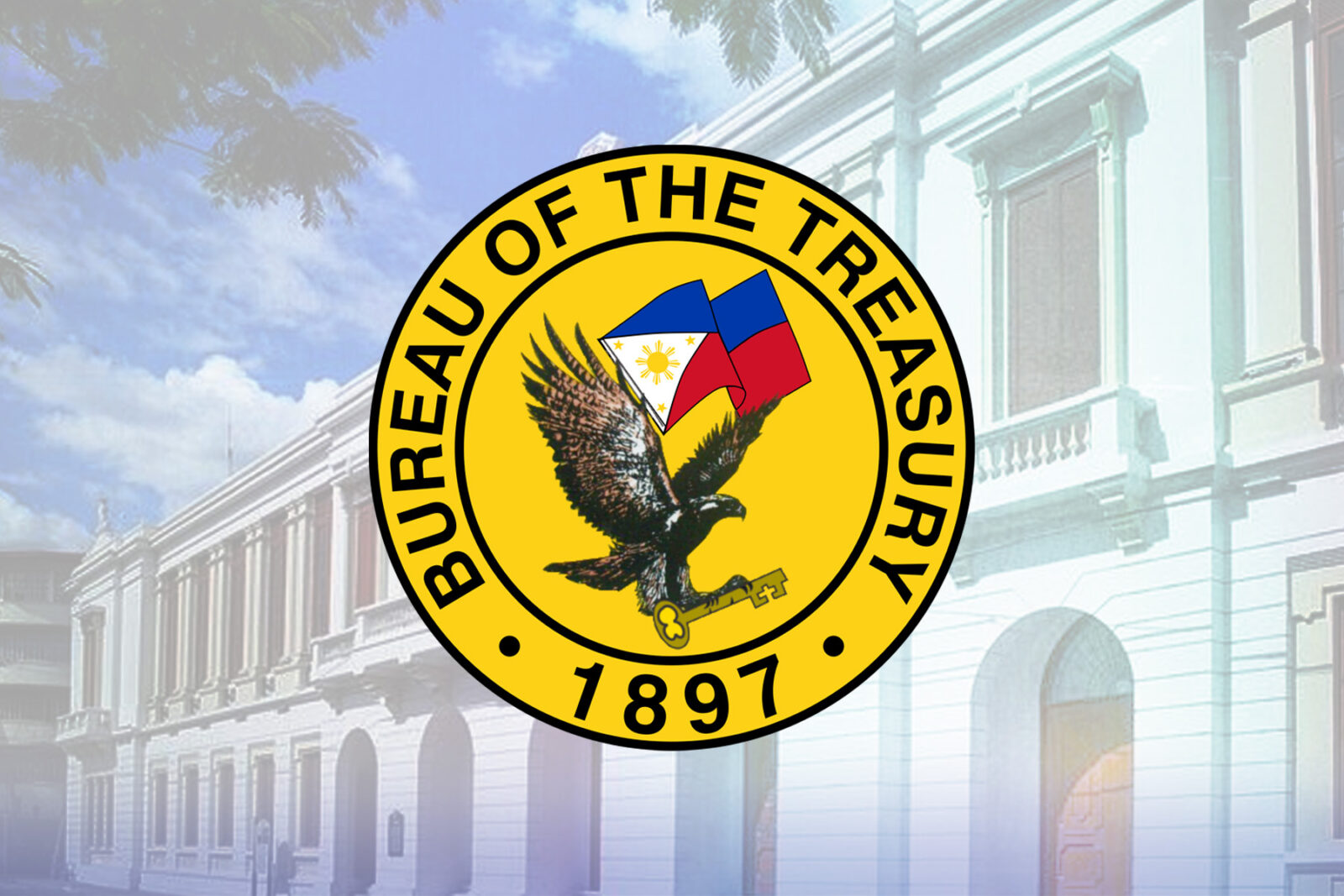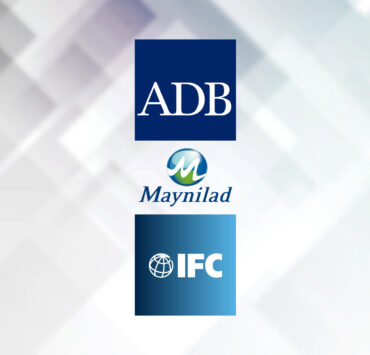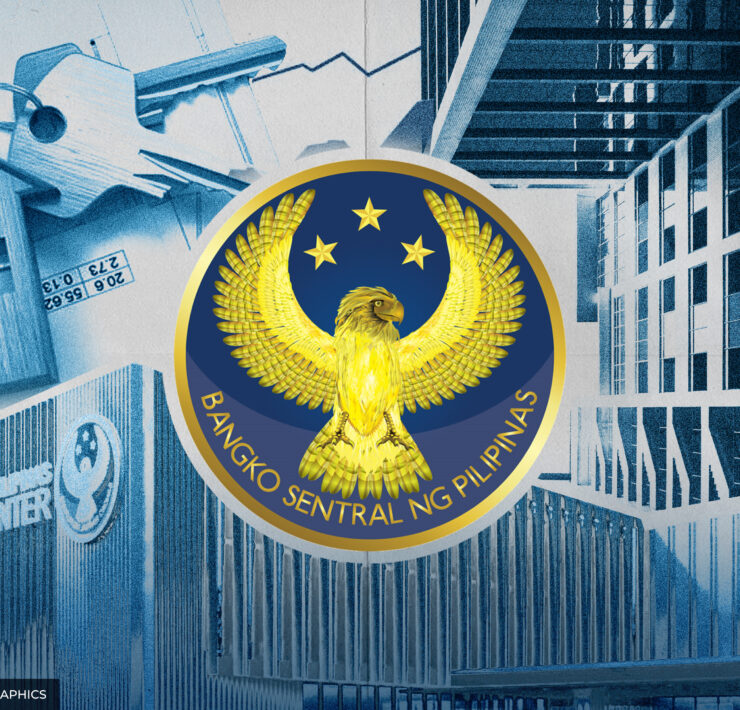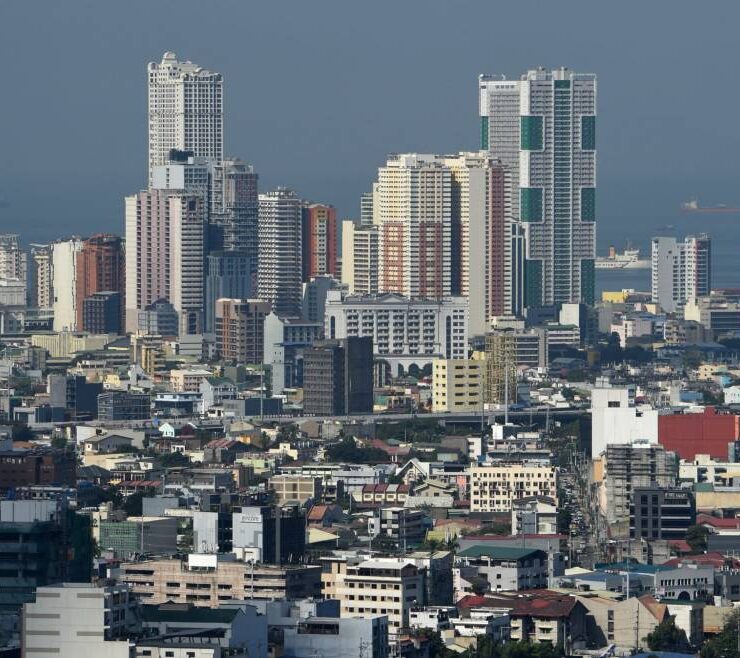PH government trims monthly debt after local bond repayment

The Philippine government’s debt burden eased in August after it settled its largest local bond of the year. This gives policymakers some breathing room in managing public finances.
Data from the Bureau of the Treasury showed total obligations stood at P17.47 trillion. This was a decrease of 0.5 percent or P95 billion from July’s level.
Still, borrowings have surged 8.8 percent or P1.42 trillion since the start of the year.
The Treasury said it fully repaid P516.34 billion in maturing peso bonds last month, reducing the debt pile. A stronger local currency also helped, reducing the peso value of foreign-denominated obligations.
Broken down, domestic debt edged down 0.2 percent to P12.09 trillion in August.
The government repaid billions owed to local creditors during the month. But it also raised P425 billion through retail Treasury bonds maturing in 2030. These were made available on the e-wallet platform GCash.
The mammoth fundraising activity nudged the share of domestic debt to total obligations to 69.2 percent from 68.9 percent. This indicates a “generally more favorable debt position, given that domestic debt is less vulnerable to shifts in foreign exchange movements,” the Treasury said.
“In addition, domestic borrowing is largely owed to Filipinos themselves, providing a safe and secure investment vehicle for wealth growth while also ensuring that the money circulates back into the local economy,” it added.
External debts, meanwhile, edged down by 1.4 percent, or P73.68 billion, to P5.38 trillion.
The government had to continue borrowing money from lenders to plug a projected budget deficit of P1.6 trillion. This is equivalent to 5.5 percent of gross domestic product. The drive was expected to push the debt stock to P17.36 trillion by year’s end.
Fiscal planners say they will continue to favor onshore borrowing to limit exposure to foreign exchange risks.
The Marcos administration has also made clear it is seeking an upgrade to an A-level credit rating. This is a distinction it hopes to achieve by keeping debt metrics in check while sustaining economic growth.
“The Bureau reaffirmed its commitment to prudent debt management and responsible borrowing, ensuring that financing activities remain aligned with the country’s high and inclusive growth agenda, while safeguarding the welfare of future generations of Filipinos,” the Treasury said.





















